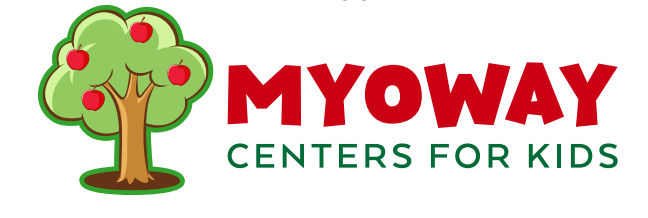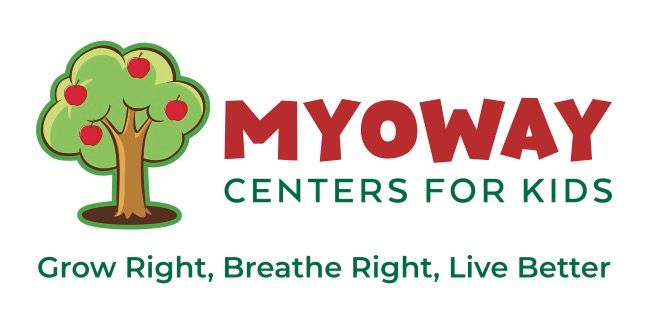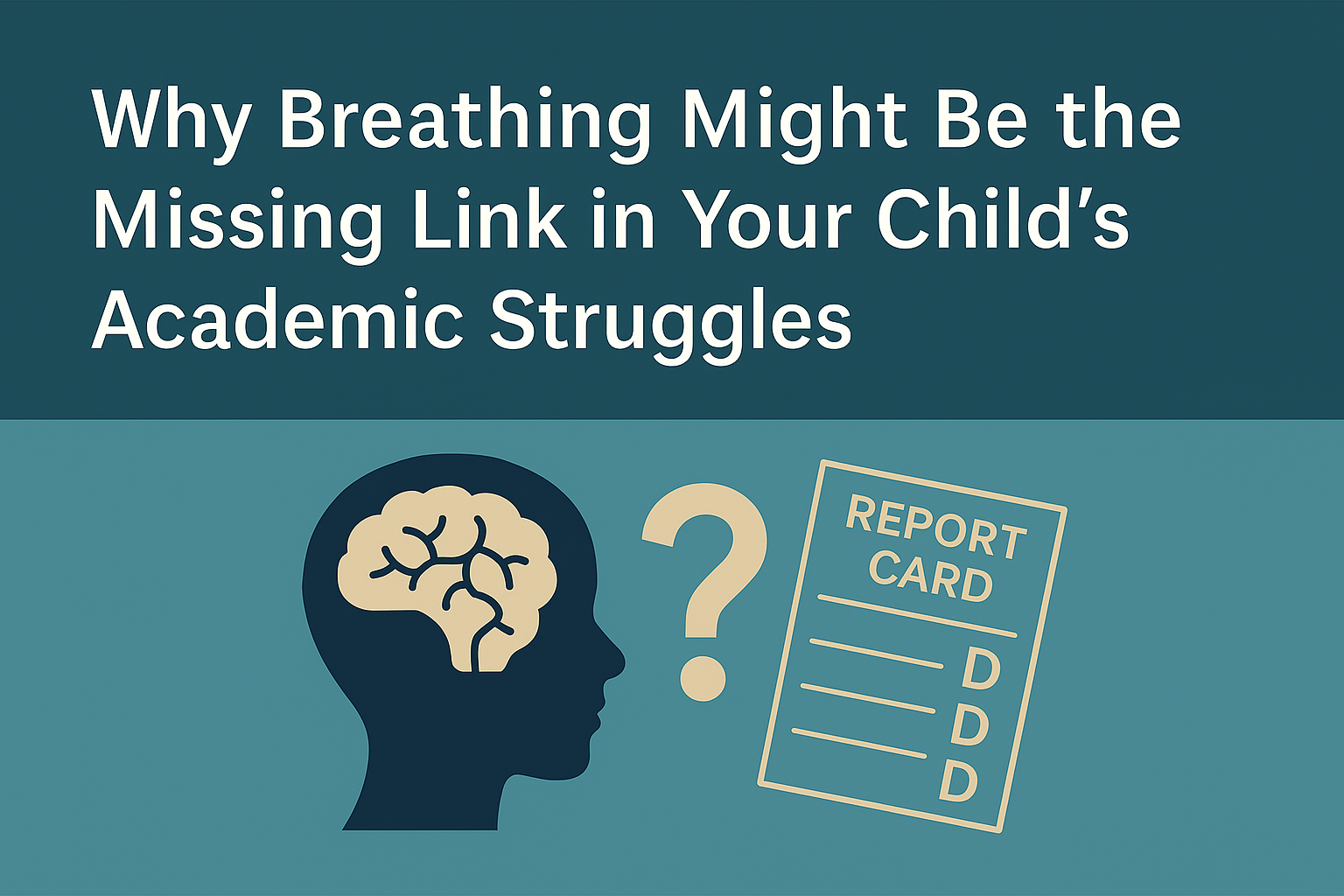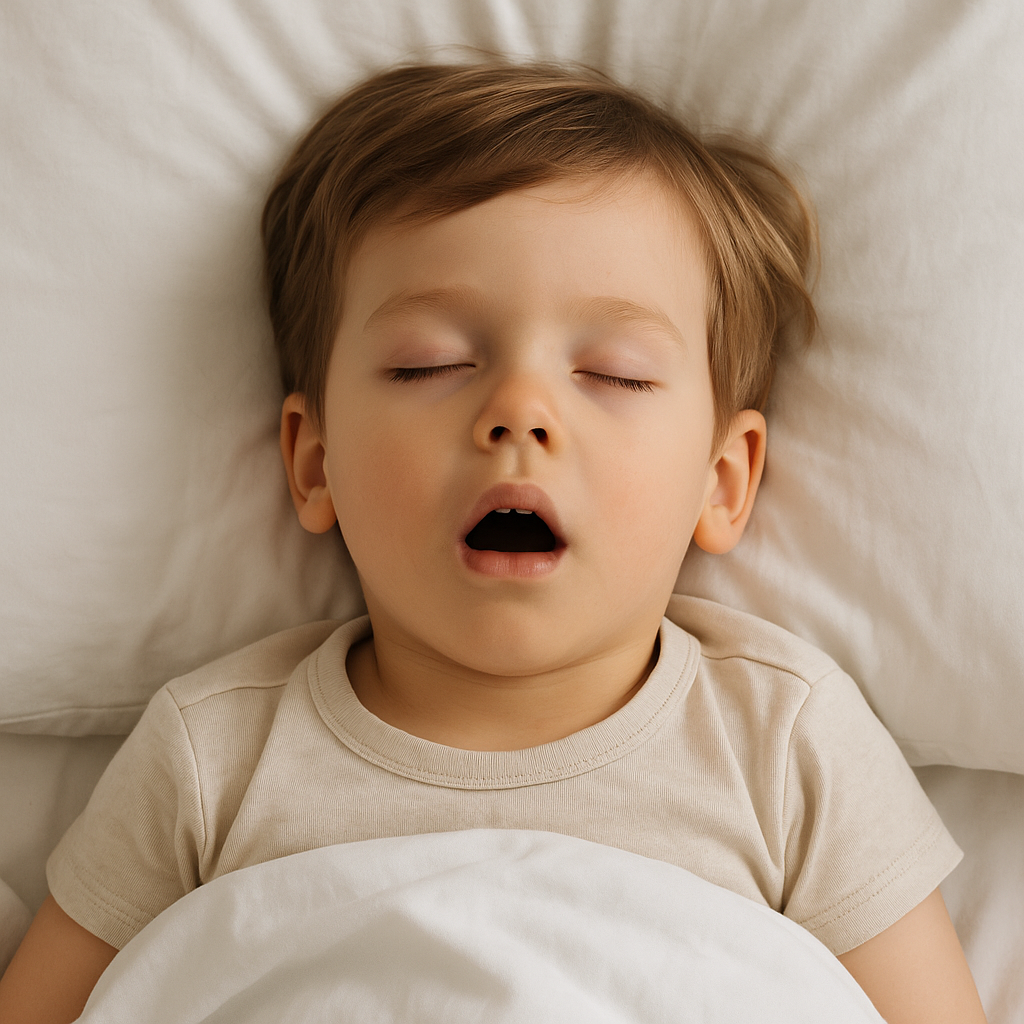How to Support Your Child’s Jaw and Airway Development Early
A Hidden Opportunity for Health
Many parents are surprised to learn that they can positively influence the way their child’s jaw and airway grow. It sounds almost too good to be true. After all, we are told to wait until problems show up before we intervene. What if the problems could be prevented entirely?
The truth is, the shape and function of a child’s face, airway, and jaw are not set in stone. They are still forming throughout early childhood, which means the right intervention at the right time can make all the difference.
In this article, we will explain how jaw and airway development affect your child’s health, how to spot the early signs of dysfunction, and what you can do to support optimal growth using pediatric myofunctional therapy.
Why Jaw and Airway Development Matters
Most people associate jaw development with orthodontics or cosmetic dentistry. What often gets overlooked is the fact that jaw growth is deeply connected to a child’s ability to breathe, sleep, and thrive.
The upper and lower jaws help shape the airway. When they are too small, narrow, or underdeveloped, they can limit the amount of space available for healthy breathing. This can cause children to mouth breathe instead of breathing through the nose, leading to a variety of health issues.
Poor airway development has been linked to:
- Sleep-disordered breathing and snoring
- Mouth breathing
- Behavioral issues
- Difficulty focusing
- Fatigue during the day
- Bedwetting
- Speech delays
- Delayed growth
These challenges are often treated as separate issues, but they can all stem from the same root cause: restricted airway and improper oral function during development.
The Role of Habits in Growth
One of the most eye-opening facts for many parents is how much daily habits shape facial development. Just as thumb sucking can lead to visible changes in a child’s face and bite, other habits can influence the structure and function of the airway.
Some of the most common negative growth influencers include:
- Chronic thumb or pacifier sucking
- Mouth breathing due to allergies or congestion
- Poor tongue posture
- Reverse swallowing patterns
- Tongue ties or lip ties
On the flip side, there are also positive influences. Myofunctional therapy, proper nasal breathing, and medical-grade appliances can help promote balanced jaw growth and proper airway function. The earlier these habits are addressed, the more effectively a child’s growth trajectory can be supported.
What Is Pediatric Myofunctional Therapy?
Pediatric myofunctional therapy is a structured, non-invasive approach to improving oral muscle function. It focuses on retraining the muscles of the mouth, face, and tongue to support proper breathing, swallowing, and jaw development.
At MyoWay Centers for Kids, we use a combination of therapeutic exercises, behavior coaching, and medical-grade appliances to help guide a child’s development.
Therapy can address:
- Tongue thrust or low tongue posture
- Chronic mouth breathing
- Weak lip or cheek tone
- Improper swallowing
- Poor oral habits
When started early, this type of therapy does more than improve oral health. It supports whole-body wellness by improving sleep quality, focus, and long-term breathing function.
Early Warning Signs to Watch For
Jaw and airway issues do not always look like a serious medical problem at first. Often, they show up in small ways that are easy to overlook.
Here are some signs your child may benefit from an airway assessment:
- Snoring, even if it is light
- Open-mouth posture during the day
- Mouth breathing while sleeping
- Frequent congestion or stuffy nose
- Grinding teeth at night
- Bedwetting after age five
- Attention challenges or hyperactivity
- Speech delays
- Crooked or crowded teeth appearing early
- Restless sleep or frequent waking
These signs are not just behavioral or cosmetic. They are red flags that the airway may be restricted or that oral function is not supporting healthy development.
Why Early Intervention Makes All the Difference
Waiting to see an orthodontist when your child is a teenager is often too late to address the root cause. At that point, the facial bones have largely stopped growing, and treatment may only address the symptoms.
By contrast, intervening during early childhood offers the chance to guide growth as it is happening.
Early therapy supports:
- Improved nasal breathing
- Wider palate and stronger jaw growth
- More restful, uninterrupted sleep
- Better focus and emotional regulation
- Reduced likelihood of braces or future appliances
- Less risk of adult sleep apnea or CPAP use
Intervening early does not mean rushing into treatment. It means asking the right questions and getting the right guidance before problems become deeply rooted.
A Realistic and Natural Approach
Many families worry that intervention will be stressful, expensive, or invasive. That is not the case with myofunctional therapy.
This approach is:
- Non-surgical
- Medication-free
- Gentle and progressive
- Rooted in function, not just appearance
- Fully personalized to your child’s needs
At MyoWay Centers for Kids, we work closely with families to create a plan that feels supportive and empowering. We combine expert evaluation with tools that are designed specifically for growing children, including the world’s first myofunctional exerciser appliance.
Our team is here to guide you through each step and answer your questions in a way that feels clear and compassionate.
What Happens During a Consultation
If you are curious whether your child would benefit from an airway-focused evaluation, the best place to start is with a consultation.
During this visit, we assess your child’s:
- Breathing habits
- Oral posture and function
- Tongue and lip movement
- Sleep patterns and symptoms
- Facial development and growth indicators
From there, we will determine whether a structured therapy program is appropriate. We will also explain any next steps clearly and respectfully, with no pressure to commit to long-term care unless it makes sense for your child.
Long-Term Impact on Health and Learning
When a child is breathing well and sleeping deeply, everything changes.
Parents often report improvements in:
- Mood and behavior
- Attention and focus at school
- Morning routines
- Physical growth
- Emotional regulation
- Social confidence
We often hear from families who tried multiple interventions for ADHD, behavior, or sleep before discovering that the root issue was airway-related. Once it was addressed, the transformation was clear. A well-developed airway is not just a physical advantage. It is a foundation for learning, thriving, and feeling confident in daily life.
Take the First Step Today
The earlier we identify and support growth concerns, the more impact we can have. Pediatric myofunctional therapy offers a clear, natural path to long-term health and function.
If your child is showing any signs of airway challenges, mouth breathing, or jaw development concerns, we invite you to schedule a free consultation.
Book your free consultation in under five minutes.
https://mychart.myoryx.com/patient/#/auth/onlineschedule?realm=myoway&univers=com
This article is for educational purposes only and does not constitute medical advice. Always consult with a qualified provider to determine what is right for your child.











